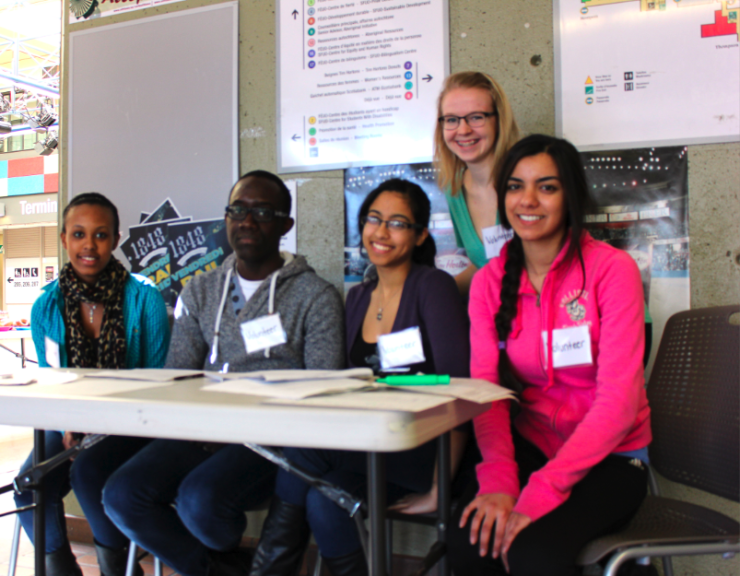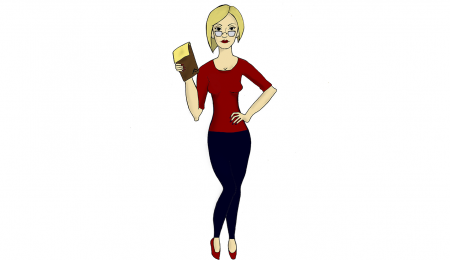U of O hosts a radical conference addressing how we talk about mental illness
Daniel LeRoy | Fulcrum Staff
The Centre for Students with Disabilities (CSD), the Peer Help Centre, and the Mental Health Coalition came together March 9 and 10 to host an event to encourage discussion about mental health.
Conference attendance was so high that people—some who had travelled across the province— had to be turned away at the door. Why so popular? Perhaps because this was not your average conference about mental health.
As previously reported by the Fulcrum, the CSD sparked controversy before the conference even began when they listed on Facebook that the“Let’s Talk About Mental Health” event would take place on “unceded and unsurrendered Algonquin territory.”
Kerry Duncan, coordinator of the CSD, responded to the outcry that followed by explaining that the very nature of a conference that challenges the status quo on mental health is political.
“[There was] a clear demand for these types of conversations that recognize the importance of identity in mental health,” she said.
Duncan is trying to uncover an idea that most could agree with: that mental illness does not exist in a vacuum; that we are all a sum of our parts.
Abla Abdelhadi, a facilitator at the conference from the organization Justice for Abla, spoke of how her experiences with mental illness have been intimately intertwined with those of racism and political realities.
Abdelhadi was born in Palestine and grew up in Canada. In 2011, she visited her mother, who was receiving chemotherapy in the U.S., and experienced her first manic bipolar episode while sitting in a coffee shop.
Patrons called an ambulance, and after seeing Abdelhadi’s passport, which, of course, had her Arabic name on it, the paramedic called the police. Abdelhadi was taken to a detention centre and describes her personal experience as “being criminalized, detained, tortured, and forcibly hospitalized.” Abdelhadi was mocked by the guards at the prison and worse, all the while suffering an episode of mental illness.
Back in Canada, Abdelhadi has still not managed to clear up the legal issues from the incident in the U.S. even though she never broke the law. She has been trying to get disability payments from the Ontario government, but Toronto has been reluctant to recognize her illness as legitimate.
“I am disabled enough to be arrested and obtained, but not disabled enough to be afforded benefits,” Abdelhadi said.
The CSD conference spent much of the weekend exploring the injustices that people like Abdelhadi deal with every day in relation to their mental health and race, a focus that seemed to resonate with the attendees.
“We are hearing from voices that are not typically heard from,” said Kate Hudson, vp student affairs of the Student Federation of the University of Ottawa.
Nicholas Zoran, an attendee at the conference, expressed his concern over the presence of mentalism—discrimination based on a person’s mental illness—on campus. Another participant, Usman Mushtaq, said he attended the conference because it was more than the average assembly of mental health professionals giving speeches.
“[This conference] has a different way of talking about mental health,” said Mushtaq. “Not many conferences talk about mental health in a non-medical way.”





